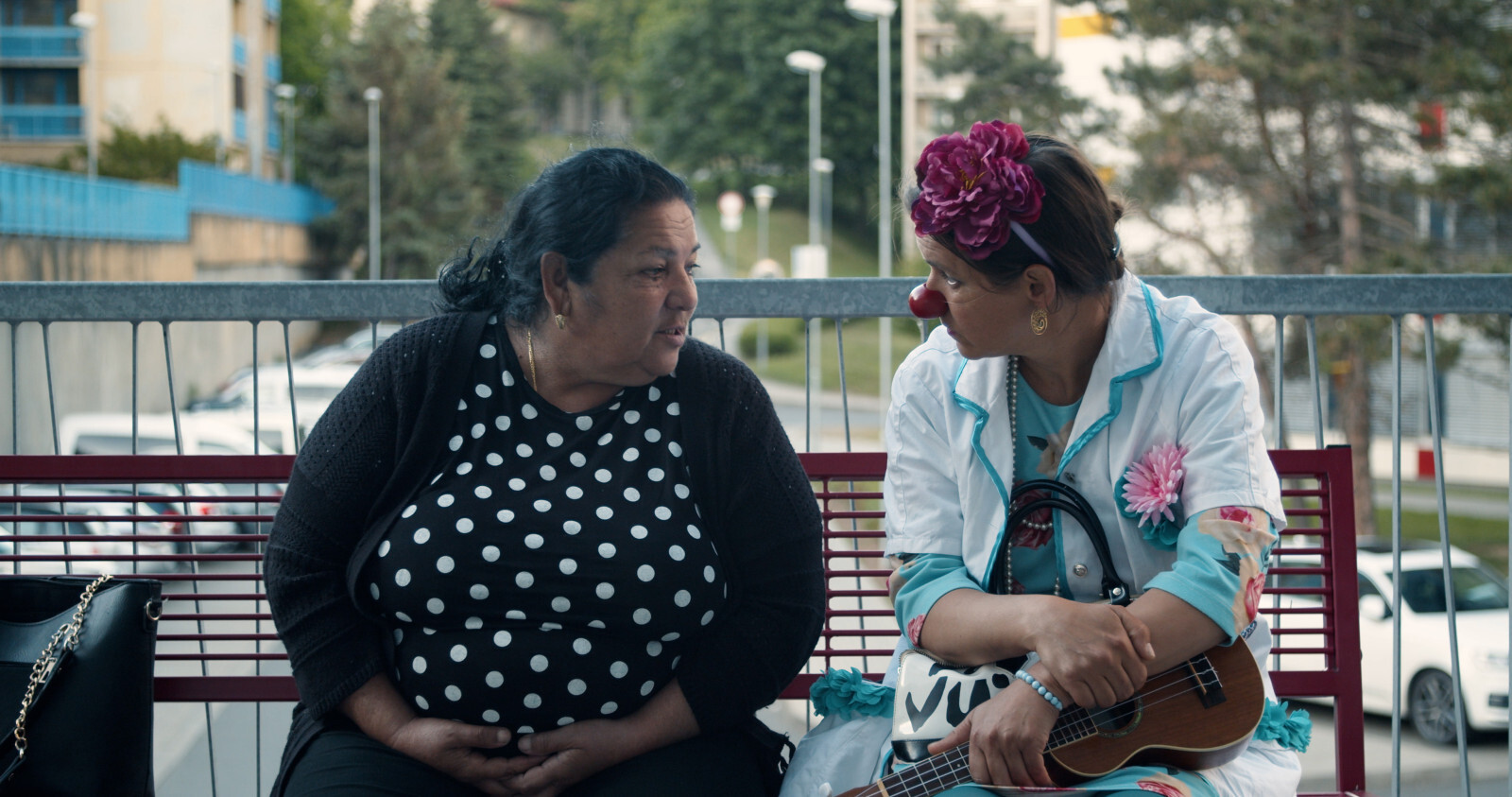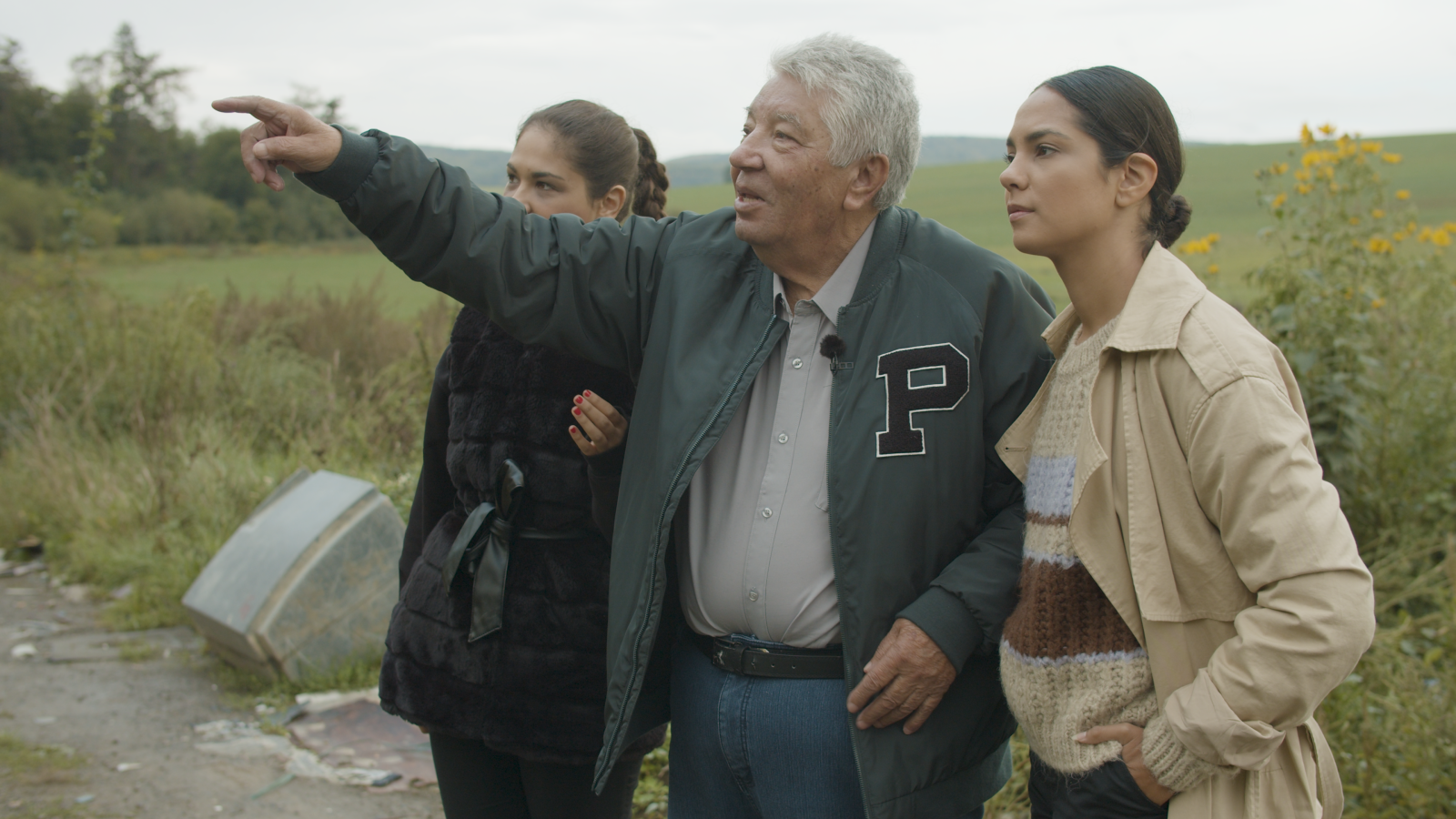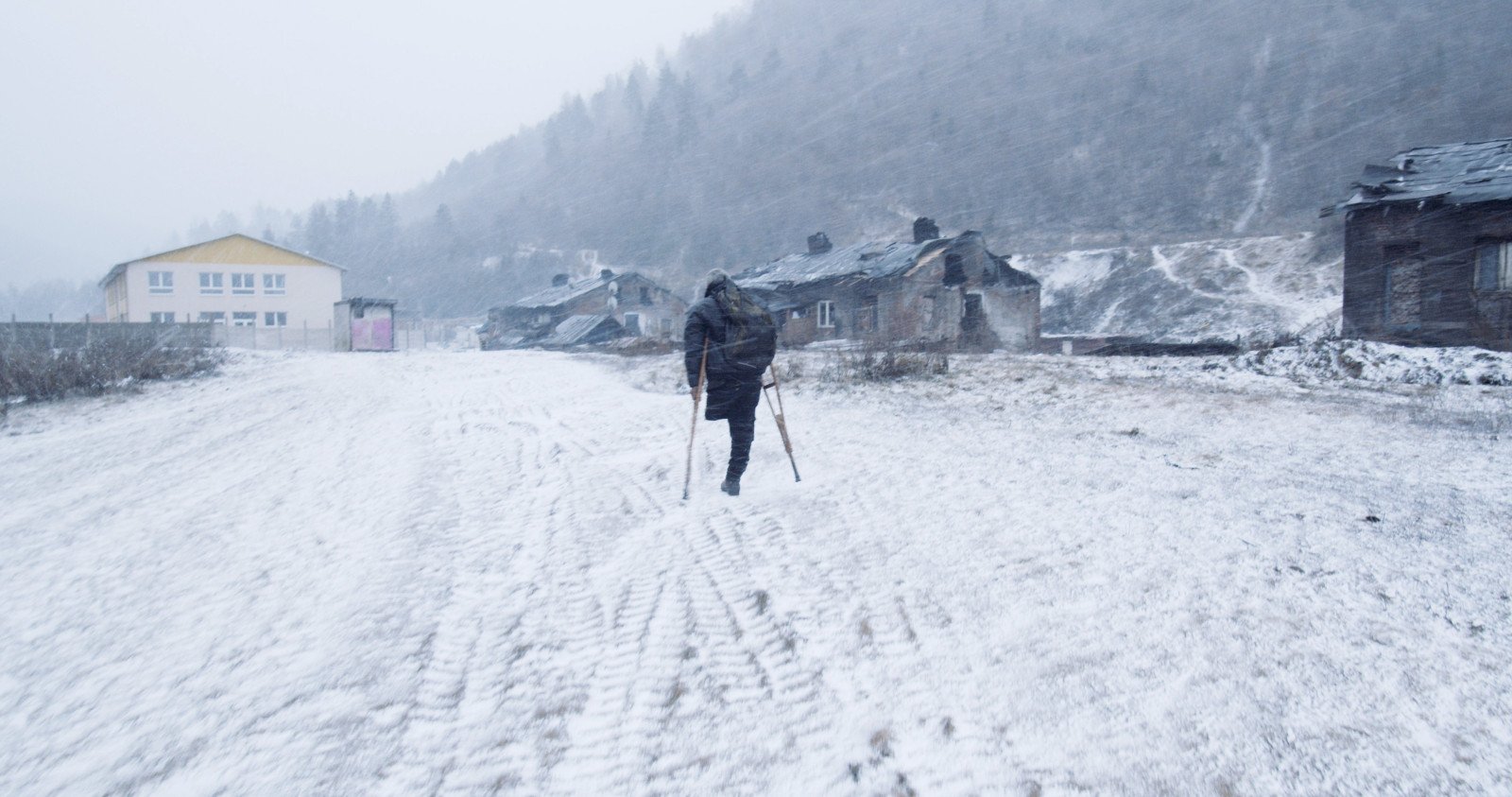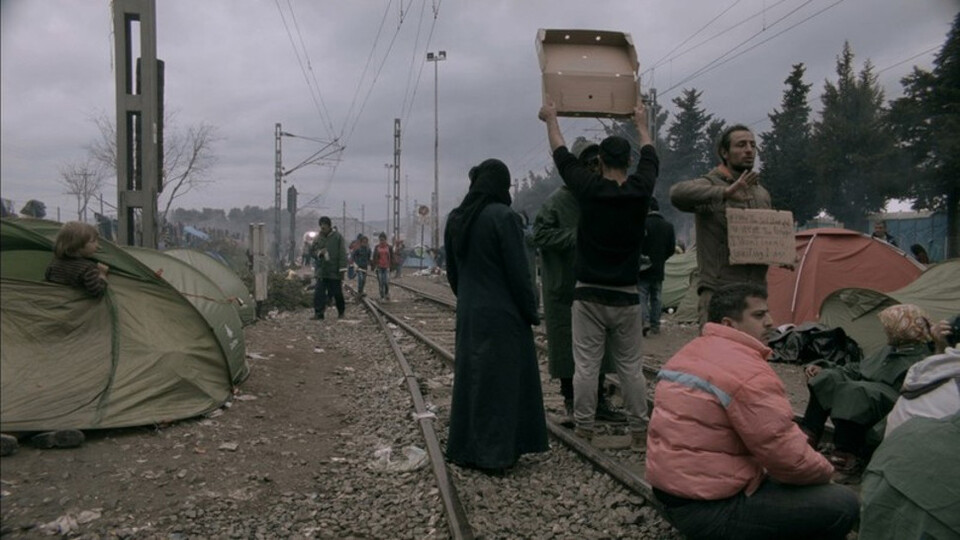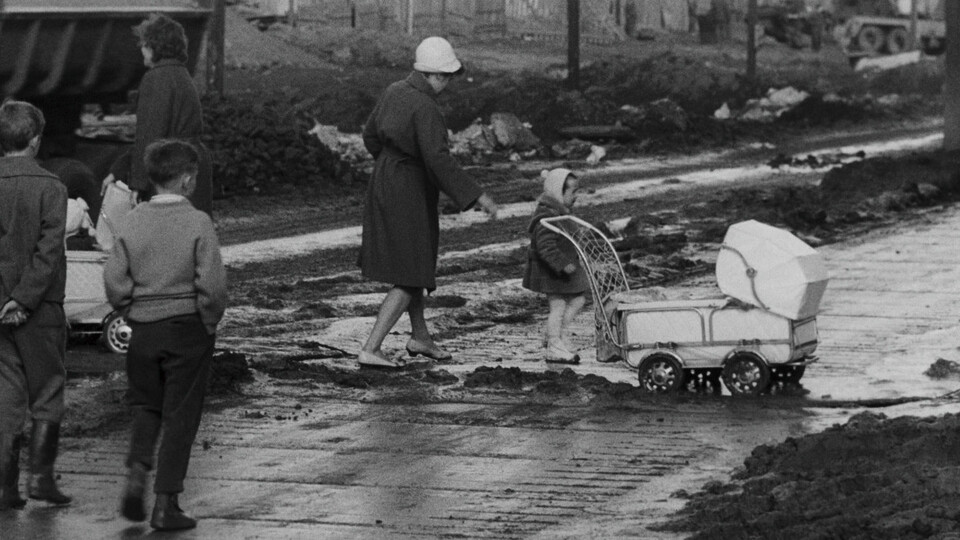Invisible partisans
The films O Baripen and The Third End of the Stick, which were available to watch online until 12 November as part of Ji.hlava Online, use archetypal narratives with elements of magical realism to tell the stories of people who get nothing for free and don’t wait for anyone to help them – people who are fighting for their identity and their place in society.
Mainstream society usually perceives Roma as people who abuse the social system or as passive victims of social prejudice. O Baripen and The Third End of the Stick disrupt both of these stereotypes.
Historical trauma
“In the media there is a lack of representation of the Romani middle class and of Romani people who fight against social ills. These two aspects have a significant influence on the identity of contemporary members of the largest ethnic minority in the Czech Republic,” says Romani filmmaker and photographer Vera Lacková, who founded the production company Media Voice in 2016. Her aim is to establish multicultural cooperation that aids mutual understanding and conflict prevention and opens up a space for self-expression and exploration. Lacková also went through a process of inner searching while directing her feature-length debut How I Became a Partisan.
The film, which straddles the line between family history, activist documentary, and archival detective story, reveals the story of the director’s great-grandfather and other Romani partisans. However, it also explores the more general theme of historical trauma from the perspective of an ethnic minority. Thus far, Roma have never had the space to come to terms with the Holocaust, and so they have transformed their experiences into fairy tales that have become part of their family mythology. The film’s expressive descriptions of suffering, murder, and oppression are interwoven with the magical-realist story of a Romani woman exiled with her family from a Slovak village, who tosses feathers from a child’s quilt along the journey so that her husband will be able to find her. Lacková intersperses the entire film with this lyrical motif of flying feathers, thus giving a directorial commentary on the enduring historical trauma.
A double stigma
Lacková also employs elements of magical realism in her second feature-length film, O Baripen, about the Romani writer and civic activist Elena Lacková, who dealt with the topic of the Romani Holocaust in her works. Her book A False Dawn served as the inspiration for the main storyline of the film. The plot follows a woman who transformed her experience from the Holocaust into her artistic and civic activities. Nevertheless, the family and historical trauma is etched on the next generation. Elena Lacková’s great-granddaughter, the singer, actress, and model Alžběta Ferencová, who goes by the stage name Zea, has been dealing with anxiety all her life, and she transforms it into a creative process.
Like her great-grandmother, Zea faces a double stigma as a Romani person and as a woman. For her, making art is a way to free herself from the pressures that society imposes on a segment of the population due to ethnicity and gender. The director of O Baripen, Vera Lacková, who is currently making a film about Romani witchcraft, has to contend with these same stigmas as well. Thanks to her own story, she introduces a cathartic level to her films and helps the actors and the audience come to terms with historical and social trauma on a symbolic level. By uncovering the past, we can better understand the present – and ourselves.
A wheelchair from the president
The Third End of the Stick, which took home the award for the best film from the Visegrad region at Ji.hlava, looks at the subject of the Romani people through a different lens than that of director Vera Lacková. Jaro Vojtek, who also dealt with Romani issues in his film The Gypsy Vote, does not view the characters as people fighting against mainstream society but rather as people moving in an isolated microcosm and wrestling with their own fate. He focuses on the inhabitants of a Romani settlement in the town of Spišská Nová Ves in eastern Slovakia, who are distinctive not only in terms of their ethnicity but also in terms of their physical disabilities, transsexuality, or alcoholism. Like the Romani artists in O Baripen, they are doubly ostracised. With their otherness, they do not fit in with mainstream society nor with members of their own ethnic group. Their example points to the paradoxical issue of a social minority that applies the heteronormative and patriarchal principles of mainstream society to its members.
The fatalism of the lives of the inhabitants of the Roma settlement is reminiscent of the protagonists of the film Satantango by Béla Tarr, who came to this year’s Ji.hlava to receive an award for his lifetime contribution to world cinema. The muddy little village with no infrastructure arose on the site of a former rubbish dump. The people there have built little houses or live in dilapidated buildings; however, like the villagers in the Hungarian filmmaker’s opus, they long for a better world. Vojtek’s film, which combines existentialism and spirituality, can thus also be seen as a parable. One of the characters is a one-legged man who deals with the issue of survival every day, with minimal prospects of improving his situation. However, he believes in miracles, so he petitions President Zuzana Čaputová for a wheelchair. In Vojtek’s film, the Slovak head of state has the aura of a demigod who changes people’s lives, as does the doctor who operates on a disabled boy from the Romani settlement at Prague’s Motol Hospital.
The protagonists of The Third End of the Stick are characterised by religious humility and can therefore come across as passive, much like the characters in Petr Václav’s films The Way Out, We Are Never Alone, or The Jumper. They become captives of the world they were born into. It is true that the inhabitants of the Romani settlement are not involved in societal affairs, nor are they civic activists like the protagonist in Robin Kvapil’s film Citizen Miko, who co-founded the initiative Češi pomáhají (Czechs help), or the Romani artists in Vera Lacková’s documentaries. While their daily struggle may not be as visible, this does not make it any less vital. These are the stories of women, men, children – the stories of us all.

